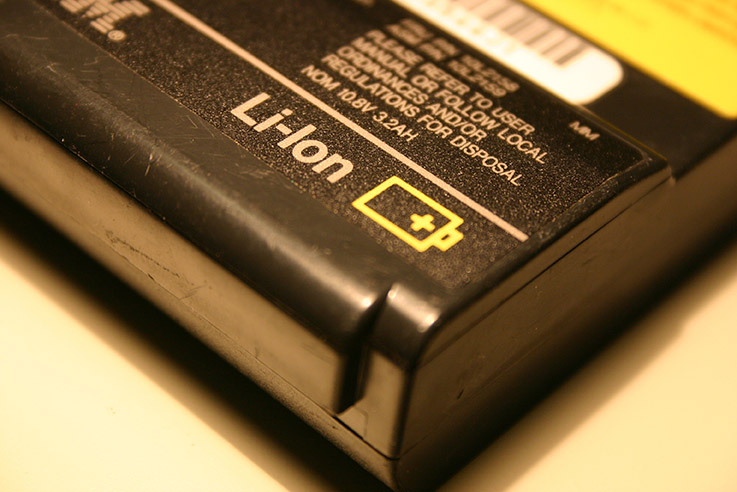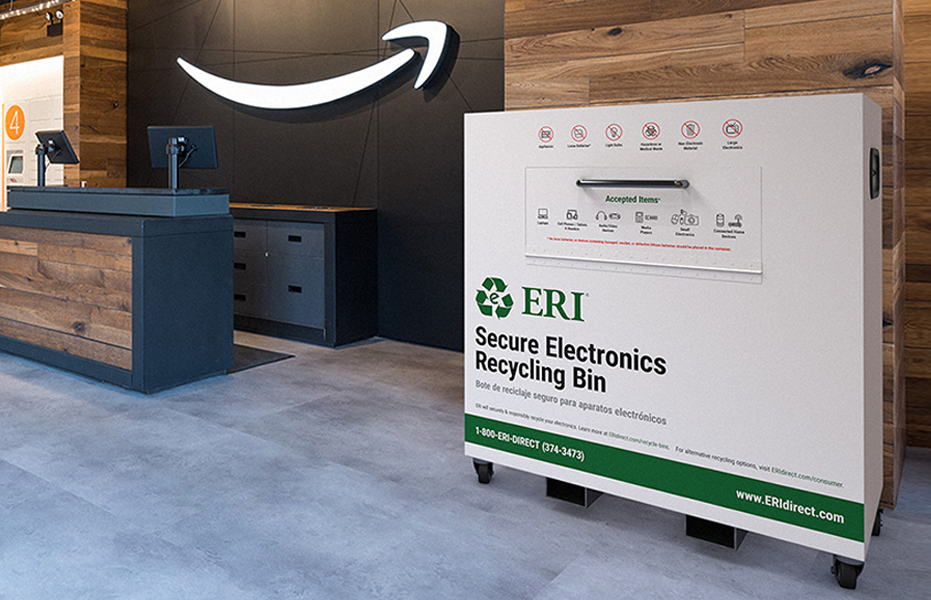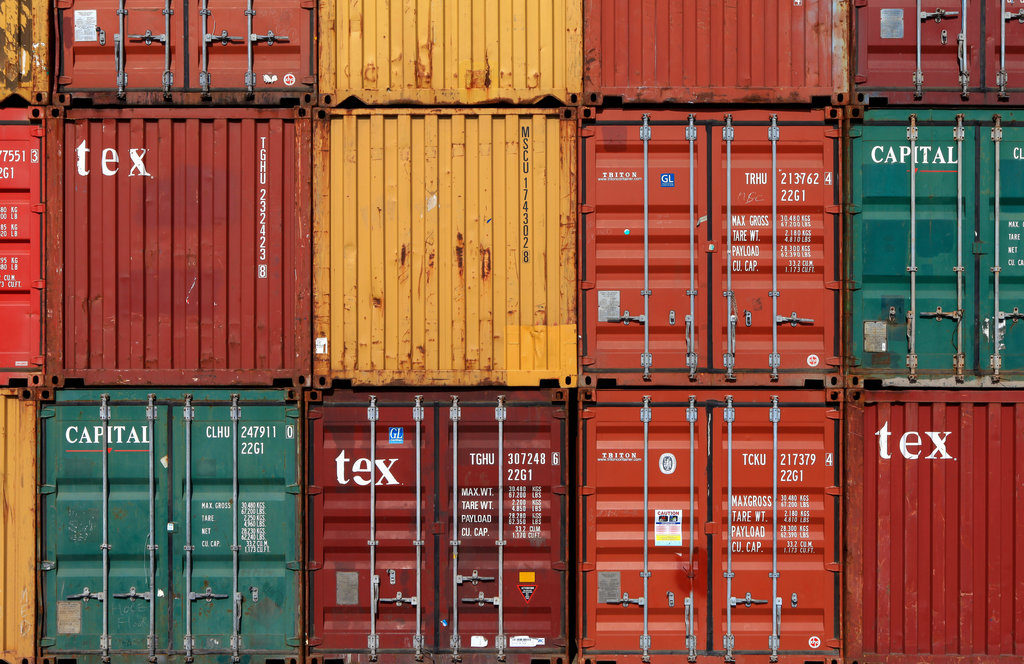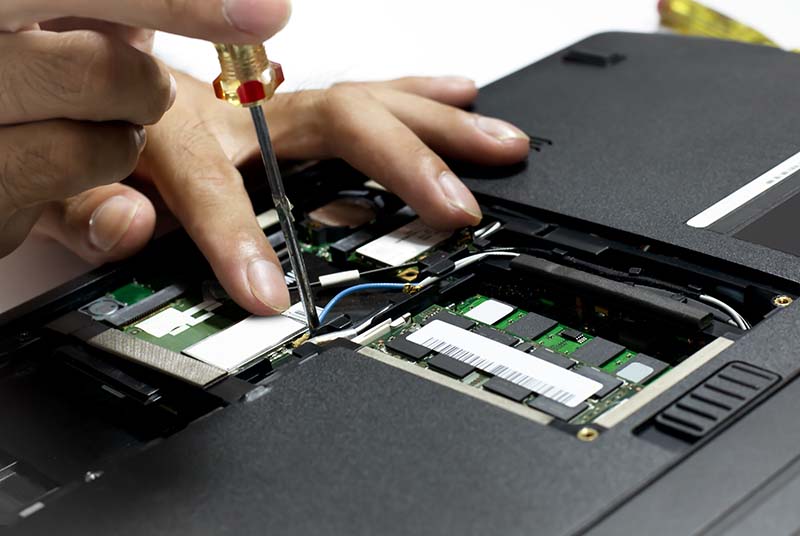
The owner of an e-scrap collection company will pay restitution after pleading guilty to fraudulent business practices. | VN Photo Lab / Shutterstock
This story has been updated and corrected.
The owner of a defunct Orange County, Calif. company must pay more than $150,000 in restitution after investigators found he defrauded the state’s electronics recycling program.


 Colin Staub was a reporter and associate editor at Resource Recycling until August 2025.
Colin Staub was a reporter and associate editor at Resource Recycling until August 2025.







